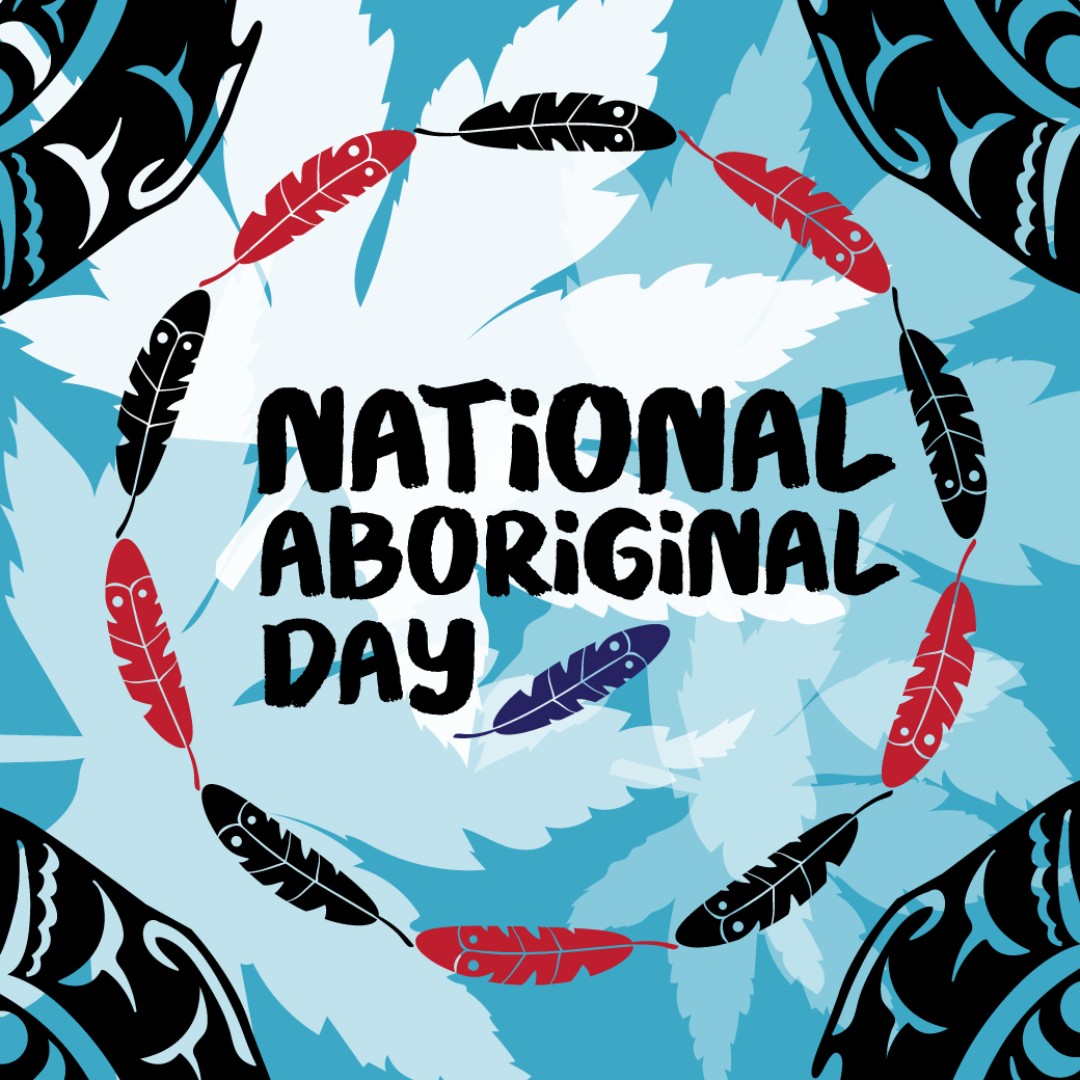In the spirit of embracing diversity and fostering cultural appreciation, Aboriginal Day offers a remarkable opportunity to honor the vibrant traditions and contributions of Indigenous peoples. As this joyous occasion approaches, communities are searching for innovative and engaging ways to celebrate and connect with the rich tapestry of Indigenous culture. From captivating art exhibitions to immersive storytelling sessions, this blog unveils ten creative and inspiring ideas to infuse your community with the spirit of Aboriginal Day. Prepare to embark on a remarkable journey of cultural discovery, as we explore ways to make this year's celebration an unforgettable and meaningful experience for all.
What is Aboriginal Day in Canada?
Aboriginal Day, also known as National Indigenous Peoples Day, is a Canadian holiday celebrated on June 21st each year. It is a day to honor and recognize the diverse cultures, contributions, and histories of the Indigenous peoples of Canada, including First Nations, Inuit, and Métis communities.
The origins of Aboriginal Day can be traced back to the 1982 National Indian Brotherhood (now known as the Assembly of First Nations) who called for the creation of a national holiday to celebrate the contributions and achievements of Indigenous peoples. In 1996, the Governor General of Canada proclaimed June 21st as National Aboriginal Day, and it has been celebrated annually since then.
Aboriginal Day provides an opportunity for Indigenous communities to showcase their vibrant cultures, languages, arts, music, dance, and traditions. It is also a time for non-Indigenous Canadians to learn about and appreciate the rich heritage and ongoing contributions of Indigenous peoples to the country.
10 Creative Ideas to Honor Indigenous Peoples Day
1. Organize a Cultural Workshop
Invite local Indigenous artists, storytellers, dancers, and musicians to conduct workshops. This will not only showcase the rich cultural heritage of Aboriginal communities but also educate people about it.
2. Host a Traditional Cooking Class
Have Indigenous chefs teach traditional cooking techniques and recipes. This would be an opportunity for others to learn about and taste Indigenous foods.
3. Start a Book Club
Choose books written by Indigenous authors and organize discussions around them. This promotes Indigenous literature and fosters understanding about their history and experiences.
4. Screen Indigenous Films and Documentaries
Organize a local movie night or a film festival that features movies and documentaries made by Indigenous filmmakers or about Indigenous communities.
5. Organize a Cultural Fair
Set up stalls showcasing Indigenous arts and crafts, food, traditional medicine, and more. This can also involve interactive sessions where people can learn more about each display.
6. Storytelling Sessions
Invite Indigenous elders or storytellers to share stories from their culture. This would be an engaging and educational way to understand their history, traditions, and values.
7. Nature Walks and Talks
Arrange guided walks in local natural areas led by Indigenous guides. They can talk about the importance of nature in Indigenous culture, their traditional knowledge of plants and animals, and the concept of stewardship.
8. Language Learning
Organize a workshop where interested individuals can learn basic words and phrases in the local Indigenous language. This not only promotes the language but also encourages cultural exchange and understanding.
9. Invite Speakers for a Seminar
Host seminars or discussions with Indigenous leaders, activists, or scholars. They can discuss various topics related to Indigenous history, rights, and contemporary issues.
10. Community Mural Project
Collaborate with local Indigenous artists to create a mural that celebrates Indigenous culture and history. This can be a community project where everyone contributes, fostering a sense of togetherness and mutual respect.
Conclusion
As Aboriginal Day approaches, let us embrace the opportunity to celebrate Indigenous cultures and foster greater understanding and appreciation within our communities. By implementing these 10 creative ways to celebrate Aboriginal Day, we can create lasting connections, promote cultural diversity, and contribute to the ongoing process of reconciliation. Whether it's through art, food, language, or intergenerational knowledge sharing, let us come together with open hearts and minds to honor the rich traditions and contributions of Indigenous peoples. By actively engaging in these celebrations, we can forge a path of unity, respect, and collaboration, ensuring that Aboriginal Day becomes a powerful catalyst for positive change and a celebration that resonates deeply within our collective consciousness.

